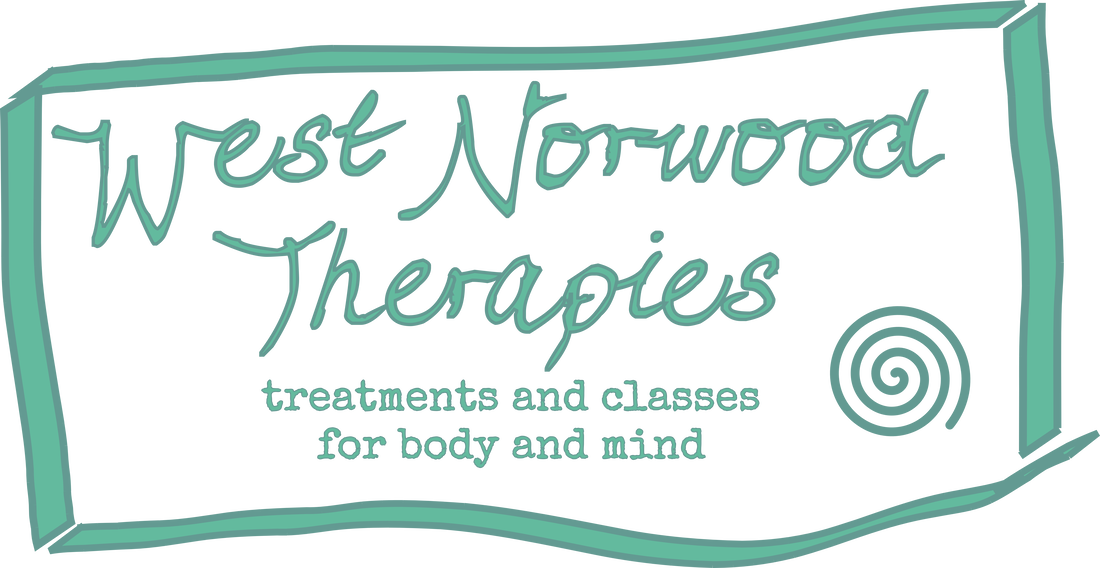|
With Karen joining us this month it felt like a good time to reflect on the range of therapies we now have on offer at WNT. It is our 10th anniversary this October – wowee 😊😊 – and over the decade we have had an alphabetic spectrum of treatments and classes from Acupuncture to Yoga with everything from Feldenkrais to Sports massage in between. So what do we have on offer now? Well, starting with massage where WNT began, we have a great range to choose from Sports and remedial massage with Tessa – Advanced booking required to see popular Tessa with her highly adept intensive treatments. She works with all sorts of athletes and desk-bound bodies to help free up stubborn tensions and encourage freer, more efficient movement. Tessa really is a master of her trade working with a range of deep tissue and trigger point techniques and using acupuncture needles in some sessions. Relaxing deep tissue massage with Erika – Erika has been in the massage business for over 20 years and her lovely strong hands work intuitively around the body, their experience meaning your body has easy confidence to relax and feel some relief. You can read Erika’s blogs and see how thoughtful, interesting and considered they are and her massage treatments are in the same vein, very nourishing. Tuina massage with Mihaly / Mike – Mihaly (also known as Mike) is a more recent addition to our team and we are so glad he joined! Mihaly has a lovely, peaceful, warm presence and his Tuina massage is very careful and intuitive. Tuina takes placed fully clothed and works along the meridians like acupuncture (which Mihaly also practises). This is a great treatment with Mihaly since he is a natural therapist and can help you work with acute and broader issues alike, often helping with lifestyle support. Philippa also practises tuina massage and tends to incorporate it into an acupuncture treatment when she feels it would benefit rather than offer it as a stand-alone treatment. And now we have another experienced pair of hands in Karen with Shiatsu. Similarly to tuina, Shiatsu works with meridians to open up stuck energy and uses stretching and pressure on points to help release and find relaxation and ease. Karen has been working in South London over the past 2 decades and her experience and skilful practice is a welcome addition to our team. And then we have a wealth of Acupuncture on offer too, which you can read more about in our blog, Acupuncture at WNT - three different approaches, who should I see? In brief, we have Philippa with a traditional TCM (Traditional Chinese Medicine) background and almost three decades of experience working in a broad range of professional settings, both privately and with the NHS. Philippa works a lot with women’s health, including menstrual issues, fertility through to post-natal recovery and menopause. Philippa’s treatments tend to be primarily pure acupuncture though she often incorporates some tui na massage into the treatment. Mihaly is also TCM trained and his treatments tend to be more of a blend of acupuncture with tui na massage and incorporates his background in martial arts into his approach. Mihaly’s interest is in the mind-body connection and developing this this both informs and is an outcome of his practice. Tessa uses acupuncture needles in a different way, her training is in Medical Acupuncture or Dry Needling which can be useful in treating musculoskeletal issues and helping to release stubborn tensions. Tessa uses these as an addendum to her sports massage treatments, incorporating them when she feels they’d be beneficial and the client is keen. And then we have some other treatments which are currently all offered by lovely Laura on a Saturday: Reflexology is Laura’s main practice, her warm and welcoming presence is popular with clients who report feeling the benefits of her kindness and empathy as well as her knowledgeable treatments. This foot treatment has an uncanny way of working on the whole body and can be profoundly relaxing and restorative as well as effective on specific aches, pains, digestive and menstrual challenges.
Reiki is another of Laura’s offerings and clients find this energetic work helpful in encouraging the body’s own healing capacity, a nourishing hands-off treatment that helps support the body emotionally and spiritually. And last but by no means least, Laura’s other skill is in sound bath healing and she offers one on one sessions at WNT – amazing sensation having bowls placed on the body and ‘played’ so you feel the vibrations and benefit from the deeply resonating sounds. This is a pretty special thing to have on offer and worth checking out if you have never experienced it.
0 Comments
As Mihaly expands his treatment repertoire to include Dissolve therapy, an empowering method for 'dissolving' tension and stress in the body, he is offering 10 clients (and colleagues if we're lucky;-)) treatments for £20 - more info on this deal below. Please contact Mihaly directly interested, find his contact details here 🌟 Experience Bliss with Dissolve Therapy for just £20! 🌟 🌿 Say goodbye to tension and hello to tranquillity with a new healing modality! 🌿 Discover Dissolve Therapy, where hands-on techniques melt away stress and invite serenity into your body and mind. Let me guide you through releasing tension pockets and embracing spaciousness within. 🔍 These sessions offer you the chance to cultivate a new response to daily stressors: finding space and release within. 🔍 In Chinese medicine, stagnation and ‘stuckness’ are seen as the root of suffering, but Dissolve Therapy clears those internal dams, restoring equilibrium and bliss. And the best part? You remain fully clothed throughout the session! This limited offer is for 10 lucky individuals to enjoy 2-3 sessions each at an incredible price of £20 per session. Don't miss out on this massive discount from the usual £100 rate! 🎉 Why the amazing deal? 🎉 As an established Acupuncturist and Massage therapist, I've discovered the transformative power of Dissolve Therapy. While I'm still training to become an official Dissolve Therapist, your support helps me grow, and your feedback fuels our journey together towards wellness. Please leave a review at the end. By supporting me in completing my training, you are also helping your family, friends and neighbours. 🙏 Ready to dissolve tension and embrace tranquility? Book your session now! ✨ More information from the source: https://www.dissolvetherapy.com/ Please contact Mihaly directly if you are interested, find his contact details here Acupuncturist Mihaly Rosta shares his success in treating a client with constipation with some simple acupuncture points. I thought to share a few stories from my clinic so you can have a better understanding of what Acupuncture can help with. As well as to provide a gentle introduction to how it works. Relief for constipation and other bowel issues is a remarkable and frequent outcome of such treatments. Over the years I am starting to figure out that the body is truly amazing. It really is a wonderful ‘machinery’ that often needs only a little nudge in order to recover. As long as one has sufficient vital substances – Blood, Qi and Essence (talk about those in a later post) – it will recover rather quickly. When it comes to treating bowel issues such as constipation, diarrhoea, inflammation and such Acupuncture can have a quick reliving effect – whilst it may take longer to re-establish proper internal harmony in case of chronic conditions.
One of my clients came to me recently complaining about the inability to empty their bowels properly for almost a week. Although their main complaint was different, something like this can often be incorporated into the treatment. I used a combination of 2 points located on the Stomach channel, whilst other points were used to support the underlying conditions. The acu-point, Stomach 37 was needled and gently stimulated. This is a point which has a strong effect on the bowels through the connection of the digestive organs of the Stomach and the Large Intestine, which is mainly responsible for the appropriate elimination and further absorption of nutrients. As you can read in the other article -click on the link above-, it is also a majorly useful point to generally assist IBS and it’s related symptoms. I also used acupressure on Stomach 25 which has been observed to have a very strong effect on the Intestines. Via the aforementioned connection, this point is able to strengthen and enhance the natural function of the Stomach and Spleen, which is responsible for the transportaion and transformation of nutrients. Although I worked fairly gently on these points, the client reported having a ‘big clear-out’ the same day. Of course, no 2 people have the exact same needs. The beauty of Chinese Medicine lies in its ability to show what needs to be done for the person in front of us in that given moment. Sometimes the body only needs a few gentle yet precise inputs in order to start making steps towards equilibrium. We have three practitioners at WNT who use acupuncture in their treatments. They each have distinct approaches so to help you decide who would best fit your needs we have asked them some questions about how they work and who they work with. There are 3 acupuncturists at WNT, please can you share a bit about your individual approach or style of acupuncture? 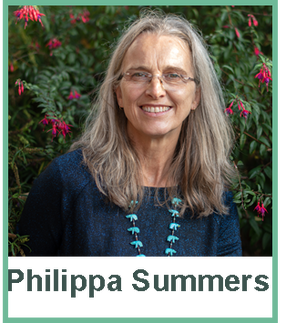 I practise East Asian Medicine (EAM), an umbrella term for many different styles which include my initial training in Traditional Chinese Medicine and 5 element acupuncture with subsequent courses in other styles including Master Tung, Channel Palpation and ear acupuncture, each with their own strengths. Training in TuiNa massage really changed how I work, and it was during that time that I started incorporating more hands on approaches to diagnosis and treatment. Broadly, EAM can be used to focus internally on physiology in a holistic way looking at how the different systems interact and impact on a physical, mental and emotional level. It can also be used to look at the body in a more structural way, focussed on the musculoskeletal skeletal system, but still taking into account the background physiology that nourishes the muscles, bones, tendons, ligaments and joints. My training particularly in fertility and musculoskeletal acupuncture has incorporated more western concepts and diagnostic approaches, but EAM is at the heart of how I work. 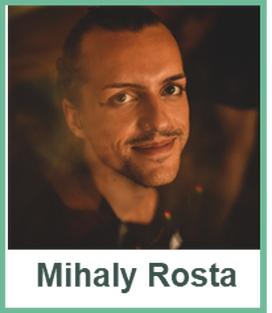 My approach is to deepen and utilise the mind-body connection which is done by bringing my decade long Tai chi and meditation practice into the treatment room. Whether it is acupuncture or martial arts, we always aim to create a good flow in the body and mind, as stagnation or being stuck is seen as the root of suffering. So my treatments are often described as a calming flow between Acupuncture, massage and gentle guidance. Thus working on both the Body, Mind and Energy (QI) of the person. 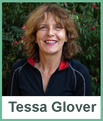 I practice what is known as Dry Needling or Medical Acupuncture (DN/MA). This is an approach used to treat musculoskeletal problems. When I think it may be beneficial to use needling during a massage session I will discuss with the client first and use it in combination with soft tissue work (massage). I will massage the area first to detect where the needles are required and usually leave them in place for 20 minutes or longer if needed. I use DN/MA in approximately 50% of my treatments. I am foremost a massage therapist and I am aware that when people book a massage, that is what they want. I also respect that some clients have a fear of needles although I am happy to say I have introduced DN/MA to a number of clients over the years who have been converted when they feel the benefits of a needle versus my elbow! What kind of clients do you mostly treat?  I treat a wide variety of conditions but since qualifying most of my additional training has focussed on four main areas which in turn determines the type of clients I mostly treat:
So, I see a lot of women for gynae issues like painful periods, PMS, menopausal symptoms, through pregnancy right up to the birth and beyond and a very wide range of fertility issues. This may be support conceiving naturally or while going through ART procedures like IVF and FET, often with background diagnoses like endometriosis or PCOS. I also treat a lot of people with headaches, migraines, musculoskeletal conditions like sciatica, back and knee pain, often chronic recurrent conditions. I tend to refer athletes and sporty people with more acute conditions to Tessa. I have built up good peer support and referral networks in the key areas on which I focus and that is so important in getting help with more challenging cases and signposting clients in the right direction if I can’t help them.  Although I see people with a wide range of health complaints, the most frequent conditions that I treat (and have success with) are anxiety, stress, nerve related pain, sinusitis and digestive issues. I am also happy to say that I see a fairly equal amount of man and women (and everyone in-between). I am really happy to see that men reach out and attend to their mental health needs. 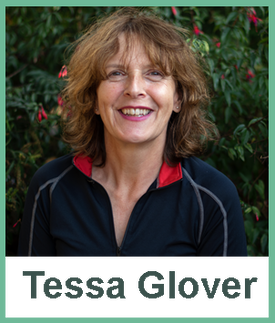 I use DN/MA on all types of clients. From those with migraines or neck/shoulder/back pain to muscle tears. From young semi-professional footballers with injuries to more mature clients to assist with pain relief and rehabilitation from many conditions including Osteoarthrititis and hip/knee replacements. Again I only treat with needles if the client is happy to. What do you enjoy about using acupuncture to work with clients?  I love how very different we all are and feeling a connection with people. Everyone brings their own personalities, strengths and struggles, and it feels vitally important to get a sense of each person and what treatment means to them in order to treat effectively. That spark of connection is so important whatever people are coming for. There is invariably an emotional element to some degree, sometimes a key focus, sometimes more in the background. Acupuncture with its holistic approach and focus on mind, body and spirit offers a versatile framework. It is so good at helping to achieve a sense of peace in our often hectic city lives, where that reset into more 'rest and digest' is a key element for healing. Whether people come with pain, with mental health struggles, wanting to start or grow a family or for another combination of reasons acupuncture offers a way to assess and address the physical and emotional together, and also to regulate the many complex interactions within our body as a whole. I like that approach, it makes sense to me to treat the body as the unified, interactive, self-regulating system and gently nudge it towards a more healthy balance.  I really enjoy seeing the change that I help to facilitate in my clients. It's amazing how people can leave behind pain and find more comfort within themselves. Love seeing people's attitudes and priorities change about their own health as that is what makes the "healing" sustainable. Oh and I must say that I love treating new things that I perhaps have never seen in person before. It's fascinating to see how the two of us can unravel what is the ongoing behind the labels of disease. 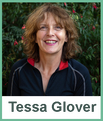 I enjoy seeing the positive results of DN/MA when used on my clients. It also gives me the freedom to multitask if there are a number of areas of the body I need to work on in one treatment. For example I can use needles in the neck and shoulders while using massage on the legs. DN/MA doesn't work for everyone but I've had some amazing results and responses from clients. I used one needle on a hamstring tear in one session and the client had no further pain. My favourite response to the suggestion of using DN/MA being "ooh needles, yeah. I can feel it whooshing through my shoulders, it's fantastic. Love it!" You can book online with Philippa, Mihaly (aka Mike) or Tessa or contact them directly if you would like any further information. NB: Sessions with Philippa or Mihaly begin with a 90minute session to allow for a longer consultation (sometimes on zoom) while with Tessa acupuncture needling is something that is incorporated into her regular sports massage treatments.
Acupuncturist Philippa Summers suggests some local classes suitable from pregnancy to preschool and highlights which of the WNT team can support you around this busy, nurturing stage of life. As the nights begin to draw in and we withdraw inside a little more it can be more challenging to plan your days with a baby or toddler, and to look after your own well-being and fitness. Well, the good news is there are a wealth of opportunities out there, activities you can do with your baby or children and classes for yourself with your baby or at those precious moments you have to yourself. Just getting out and meeting up with other mums and dads can make a whole world of difference as you adjust to parenthood. Maybe you are looking for something specific or just want to browse and see what’s out there.
I came across a website, Happity, that makes searching for classes and events in your area a doddle. It covers everything from pregnancy through the baby and toddler years to age 5. Prices vary, some are free and some low cost from as little as £2. Among them are:
I know from my own experience and that of probably every parent I know just how important these groups are through this phase of life. If you are struggling with post-natal depression Happity also have a dedicated area of their website which includes links to useful resources. Check out their blog, too. I’d like to make a special mention for Gather-ed as they offer something a little different and I think much needed. They offer 1:1 support, workshops and group gatherings with experienced facilitators including midwives - ‘gently facilitated discussions on themes and topics relevant to parenthood…and are a space for honest, authentic conversations’. Wednesday mornings at Knowles in West Norwood, other classes in East Dulwich. Pregnancy Treatments at West Norwood Therapies Finally, we can help to support you throughout your pregnancy with our treatments at West Norwood Therapies:
Acupuncture: Some women choose to have regular acupuncture to support them throughout their pregnancy, but commonly it will be to help with a particular issue. In the early stages of pregnancy women often seek help for morning sickness and at the latter stages for breech presentation and birth preparation. For birth preparation there are advantages to starting treatment at 36 weeks but with the all-clear from your midwives we can also offer treatments when you are overdue and facing an induction. If you are trying to conceive Laura and Philippa also offer fertility focussed treatments, too. Please just get in touch if you’d like to find out more. Acupuncturist Philippa Summers looks at what women can experience from perimenopause onwards and how exercise and swimming can be of great benefit around these years. At a recent party on a chilly evening in the garden I asked a friend in a strappy dress if she was warm enough, she lightly replied “Oh, yes, I have my own personal weather system”. Made me chuckle but menopause is no laughing matter. Some women sail through but for others the symptoms can be unbearable and debilitating and can take a huge toll on just about every aspect of life. It can be a time when women feel at a loss with the changes that are happening to them, bewildered by them. Getting the balance between seeing them as a medical issue and a transformative time of adjustment can be helpful in easing women through this phase of life with greater serenity and joy, with a combined approach offering great benefits. Among the most common symptoms are hot flushes, night sweats, mood changes, tiredness, vaginal discomfort, loss of libido and brain fog, but it affects women very differently and you may experience a range of other physical, mental and emotional symptoms. They can start as women enter the perimenopausal phase, often in their mid 40s, sometimes earlier, usually but not always accompanied by changes in their menstrual cycle. From a medical perspective getting diagnosed is the first step to understanding the changes you are going through and finding solutions that suit you, including HRT. The options can be simple with far reaching benefits. Finding the right choices for you will not only help you to feel better but importantly also help to protect your future health, particularly cardiovascular and bone health. From a lifestyle perspective nutrition, exercise, sleep, relaxation and strong social and emotional connections provide the foundations for your wellbeing, regardless of whether or not you take HRT. Acupuncture can also play a supportive role in helping women ease through the transition, connecting mind with body, with proven benefits for some of the associated symptoms including hot flushes, low mood and anxiety, poor sleep, aches and pain. I have included a link to a resource with a wealth of info at the end, including medical, lifestyle, social and political info. Now, for an overview of exercise and then a brief focus on swimming, our topic for this summer newsletter, in relation to menopause. Exercise From perimenopause onwards physical activity can help to prevent muscle loss which occurs naturally as we age, support a healthy weight reducing the risk of chronic disease and improve cardiovascular, respiratory and bone health. Exercise will build strength, support the joints and alleviate the aches and pain, and the mood enhancing benefits of exercise can help in the way we perceive pain. Additionally, it can help with sleep and generally help you to feel better. If you have specific health issues that limit your activity then seek appropriate advice and support. As a guide try to get about 30 minutes of moderate exercise 5 times a week but if you are new to exercise then start light with 10 mins a day and build up gradually. Aim for a combination of exercise each week:
Cold water swimming is anecdotally very helpful to relieve hot flushes and some of the other symptoms of menopause. It has proven stress relieving and anxiety reducing benefits which can last for several days, and also helps immunity. We are fortunate to have Tooting and Brockwell Park lidos on our doorstep. During the winter especially, they are places with a strong sense of community and camaraderie. If you intend to swim into the winter months then start swimming during the warmer summer and autumn months so that you can gradually acclimatise. As the temperatures cool check out the cold water swimming guides so that you adjust safely and do not overdo your exposure to the cold.
More Information If you are seeking more information the Balance-Menopause website, set up by menopause specialist Dr Louise Newson, is a good place to start for understanding more about the perimenopause and menopause and finding support, with an app to track symptoms if you wish. Their mission is to make menopause support inclusive and accessible to everyone globally, with some extremely useful free resources. If you have symptoms then seek out a menopause trained specialist to confirm diagnosis and guide you through treatment choices - HRT, alternative options and lifestyle advice all have a role to play. Acupuncturist Mihaly Rosta shares some information about the Chinese Medicine concept of 'dampness' in the body and factors that might cause and help this. Is diet just about what you eat? Sluggishness (especially) in the mornings; Heaviness of body and mind; Bloating; Loose, sticky stools; Swelling; Weight gain. These are only a few symptoms of Dampness in the body. Damp.. what?
Imagine a clear beautiful river gracefully flowing through a forest. Now what if this river is being filled with debrish? It slowly becomes cloggy and turn into dirty mud. The most common cause for this muddiness to develop in the body is improper DIET. Excessive intake of fried, greasy, raw food; as well as alcohol, sugar, dairy, and even meat may result in the symptoms described above. However before removing unhealthy, overly processed foods from the diet, it’s important to intorduce new, appropriate foods in your diet. On the picture you may see a simple stir-fry dish, perfect for lunch or even breakfast -accompanied by some soup or tea. Bitter and slightly pungent/aromatic food like kohlrabi and romain lettuce are excellent at transforming congealed body fluids. Add some radish and leeks in order to strengthen the Lungs (Metal/Autumn) and clear any damp/phlegm that may reside there. Kidney -especially Aduki- beans are great source of protein in this case. Complementing the dish I also used garlic, thyme and parsley to help clear excessive mucus. To make this dish more seasonal, add some water and cook it on low heat. In order to introduce the sour balancing flavour of autumn (Metal) you may finish your dishes by squeezing some lemon/lime juice over them. Making small changes in the diet is an excellent tool for becoming more healthy over time. However if an already developed illness (or any of the symptoms above) are present, acupuncture treatment may be especially beneficial in order to address those issues. Please note that we always advise patients to see a professional Acupuncturist in order to determine the accurate diagnoses, which allows us to make personalised recommendations. For any seriously health concerns please see your GP. #diet #damp #acupuncture #bloated #sluggish #autumn Acupuncturist Philippa Summers delves into the world of healthy bacteria - microbiome - and gives some helpful insights and tips as to how this can benefit us along with a delicious saurkraut recipe to help us along. Did you know that your body contains roughly as many bacterial cells as human cells? Along with viruses and fungi, and their collective DNA, they make up our microbiome. The microbiome varies hugely from person to person and plays a crucial role in determining our health. There is a whole eco system living on your skin and within you, in your respiratory tract, your reproductive tract, in breast and other tissue, but primarily in the intestines – the gut microbiome. Among them are vitally important beneficial microbes that help to keep the disease-causing pathogens at bay, while also enhancing and interacting with many of the vital internal processes that work to keep us well. The Benefits of a Healthy Gut Microbiome A healthy gut microbiome has benefits that extend throughout the body and is considered by some to be equivalent to an additional organ, such is its importance. It plays a crucial role in helping to maintain and support metabolic function, immunity, plus cardiovascular, respiratory, reproductive and menopausal health, as well as helping with sleep, mental well- being and brain function. It is an area of intense research, with more being discovered all the time. The scope of its influence cannot be overstated. A healthy gut microbiome is anti- inflammatory and helps to combat the development and progression of a whole range of chronic health issues and to reduce infections throughout the body, helping in the fight against antibiotic resistance. Type 2 diabetes, obesity, kidney disease, Parkinson’s, atherosclerosis, high cholesterol, hypertension, dementia, urinary tract infections, respiratory infections, vaginal infections, asthma, allergies, autoimmune diseases, IBS, IBD, some cancers...the list goes on... have all been shown to have an association with an unhealthy balance in the gut microbiome. It is the subject of ongoing research to determine the processes and balance of cause and effect between disease and the microbiome. A High Fibre Diet supports the Microbiome Our environment, where we live, who we live with, how we interact with our environment but particularly our diet has a huge influence on the microbiome, and for each of us our microbial fingerprint will be unique and changing dynamically all the time. A poor low fibre diet of refined carbohydrates like white flour, white rice and particularly simple sugars will encourage inflammation and take the balance of good bacteria to bad inan unhealthy direction. A healthy high fibre diet on the other hand will help to support the community of beneficial bacteria, which ferment more complex carbohydrates that we cannot otherwise digest, into nutrients with anti-inflammatory and metabolic health benefits. The beneficial bacteria lie mainly in the colon at the far reaches of our intestines and to feed and support them we need a diet where the carbohydrate portion of what we eat can pass through the upper reaches of the intestines to the colon without previously being completely broken down. Simple and refined carbs get broken down too high up in our guts but high fibre complex carbohydrates (wholegrains, vegetables, nuts, seeds and fruit) make it all the way to where they are needed. Aim for a wide variety of colourful plant foods including herbs and spices to aid digestion, and of course include proteins and healthy fats for a balanced diet. We feed these bacteria and they in turn feed us with the beneficial by-products of their meal. Think good housemates - you provide the healthy ingredients, and they cook up a feast! The healthy foods we provide them with are the prebiotics, the healthy ‘bugs’ are the probiotics. Choosing Probiotic Foods and Supplements Some species of these healthy bacteria will have established themselves as long term residents of our gut, beginning at birth and supported early on by breastfeeding. We can augment this existing population by eating fermented foods containing other beneficial live bacteria, or for convenience and maybe for specific health issues by taking them as supplements. To reap the benefits, we need to choose those that are alive and can survive through the upper reaches of the gut all the way to the colon as many cannot survive the acid of the stomach. How our individual microbiome interacts with our own metabolism and diet is complex and more in-depth studies that take a personalised approach are the subject of ongoing research, one of the largest being the Zoe PREDICT studies. A peek at these studies will show you how complicated a field it is. People with a histamine sensitivity may not tolerate probiotics and care should be taken by people with bowel conditions like IBS and IBD. Deciding which strains are most beneficial is a complex subject which varies from person to person and according to the health issues being addressed, and I suspect is obscured by the commercial nature of supplements and the influence on research. Lactobacillus and Bifidobacterium are the most widely recommended in supplements, with many species and strains of each offering different benefits. A little more of that below in relation to women’s health and gut health but to go into more detail is beyond the scope of my experience or this blog. If you prefer to take supplements in my opinion Optibac are a reliable good value brand and provide a simple useful guide with formulas for a variety of situations: every day, after taking antibiotics, for women’s health including during pregnancy and for gut health. Symprove receives wide recommendation but is much more expensive and is limited to a single multi-strain formula. I am not suitably knowledgable to offer any wholeheartedrecommendations but those are a couple of reliable options. You can eat fermented foods as well or instead. For Women’s Health including fertility and menopause Lactobacillus species support a healthy vaginal microbiome where they help to keep disease causing yeasts and bacteria at bay, by maintaining a favourable protective acidic environment. From the research so far, implantation and reduced incidence of early pregnancy loss are also supported when the predominant species in the uterus are Lactobacilli. They are of benefit when taken orally, even for colonising the reproductive tract. Lactobacillus species can also be helpful at alleviating some of the symptoms of menopause via the two-way interaction between oestrogen levels and the gut microbiome. Yoghurt, kefir and Sauerkraut are all high in Lactobacillus species and other lactic acid bacteria. For Gut Health For people with gut issues like IBS and IBD I would recommend seeking guidance from a dietary or nutritional specialist. Some of the otherwise healthy prebiotic foods can contribute to symptoms, and some probiotic strains can be helpful while others may exacerbate symptoms. Probiotic Fermented Foods For general health benefits why not try a range of different live unpasteurised probiotic foods such as kefir, yoghurt, kombucha, kimchi, miso or sauerkraut to see which you like and which suit you? Or try making your own. They can be more potent than probiotics supplements and much cheaper, too, and all have different microbial profiles and benefits. Some ferments like kefir and kamboucha contain a range of yeast and bacteria while others like yoghurt, sauerkraut and kimchi are predominantly bacterial. Additionally, as they have fermented over a period of time the fermented product will contain high amounts of more easily digestible nutrients that are a by-product of the fermentation process. Making your own fermented foods If you fancy making a home-made ferment you can try the simple sauerkraut recipe below. Incidentally, I was surprised to learn that sauerkraut, despite its German name, originated around 2000 years ago in China and came to Europe in the 1600s. Making Kimchi, a spicy Korean ferment, is similar and there are plenty of recipes online. If you really want to get into ferments then I recommend Fermentation by Asa Simonsson which covers a whole range of fermented foods and drinks including vegan dairy, or check out the many websites and blogs on fermenting. Sauerkraut Recipe You will need a container in which to ferment the veg before transferring it to smaller jars
for storage, and you will also need weights to hold the veg below the surface of the liquid while it ferments. You could use a large wide necked jar with a lid but you will need to keep an eye on it and keep releasing the gas that will build up inside. Or you may wish to buy a fermenting jar or a crock pot which allow the gas to release automatically. Some come with weights, others don’t. Ingredients 1kg finely chopped white or red cabbage (you can substitute some of the cabbage with grated carrot, beetroot and apple to make a total of 1kg veg) 15g sea salt Optional spices: 1 tbsp chopped garlic/ginger 1 tsp caraway seeds, chili flakes, peppercorns, seaweed etc Method • Place the veg, salt and spices in a large clean bowl mix well and massage with your hands for 5 mins. Leave for 5 mins. • Massage and squeeze again for about 20-25 mins until you have plenty of juice and the veg has softened. • Pack into the fermenting jar or crock, add the weight so that all the veg is completely submerged in the briny liquid. This is very important as the fermentation will spoil if the veg is exposed to the air. • Put on the lid and leave at room temperature to ferment. The fermenting jars have a valve, the crock has a sunken rim that you fill with water so the gases release automatically. Keep checking that the water level around the rim is above the notch in the lid. • Leave for anything from 5 days to 4 weeks depending on the room temperature and how sour you like it. I leave mine for about 10 days. As the sauerkraut ferments is becomes more acidic which most bugs can’t tolerate and you’ll end up with a tasty ferment rich in acid tolerant Lactobacillus. The result should be a crisp, slightly sour, flavoursome kraut. If it becomes mouldy, slimy or smells rotten then something has gone wrong, so discard. Pack into clean jars, pressing the veg below the surface of the liquid and store in the fridge. Keeps for weeks, months according to the experts but I’ve never left it that long. Great in a sandwich, salad or as a meal accompaniment.A word of warning - as your body adjusts to fibre and probiotics you may find you are a bit more flatulent, but it should settle down after a few days, start with a little and build up. In any case, a little every day is better than larger quantities less frequently. Acupuncturist Philippa Summers shares the nourishing effects of our recent team picnic and the ingredients that helped make it. The plan was a midsummer 3 day social / retreat in Scotland, meeting up for the first time in her homeland with WNT founder, Jennie Duck, who manages WNT remotely from rural Ayrshire. After all the social cancellations, postponements and thwarted arrangements that Covid wrought on us all we had thought that this one was in the bag. We meet regularly on Zoom and Jennie makes the occasional trip South, but this was to have been our first trip to see her there since she moved several years ago and our first residential social together. Planned in March, excitement seeded, accommodation reserved, trains booked and therein lay the rub. It wasn’t covid that scuppered our plans it was the train strike. Driving that distance was out of the question with all train traffic moving to the roads so we cancelled. We were all gutted. So, plan B a picnic in Brockwell Park! Sadly no Jennie, of course. And, just to be clear this was a ‘keep it simple’ kind of picnic – not a wicker basket or gingham tablecloth in sight. Bring a sandwich, with the emphasis on getting together and making the most of the sunshine. Lauren, bless her, did however make the most gorgeous lemon and poppyseed cake with gooey tangy lumps of lemon flesh, elevating it up a notch or two! It was a glorious lunchtime together, a modest affair, a chance to catch up face to face. Alas, not quite what we had planned but when life cancels the trains and gives you lemons, make the delicious lemon and poppy seed cake below and have a picnic. If you are not a regular to Brockwell Park do checkout it’s many surprises. The walled garden, the Community Greenhouses, the views of the city from between the café and the tennis courts, the lido, children’s paddling pool and playground. Our beloved park has so much to offer everyone. Enjoy your summer! Lemon and Poppy Seed Cake Serves 10-12 This cake is huge with deliciously tangy pieces of lemon pulp to tantalise the tastebuds, so great for sharing at large summer picnic. Says it serves 10-12 but goes further than that. Not healthy (don’t even look at how much sugar it contains) but hey, once in a while! Ingredients: 7-10 unwaxed lemons (1kg) Wet: 210g unsalted butter, melted 275g buttermilk 145g honey 95g grapeseed or other neutral oil 6 large eggs 1 egg yolk Dry: 530g plain flour 440g sugar 25g black poppy seeds 5g baking powder 5g bicarb of soda 5g salt For the glaze: 250g icing sugar 2 lemons juiced 40g honey Grease and flour a 2.8 litre Bundt Pan. Heat oven to 190C, fan 175, Gas 5. Zest the lemons (outer yellow only), reserving the zest. On a plate to catch the juice, cut ends of each lemon and cut away peel. Remove the pulp from the membranes. Keep all the juice and the pulp cut into 1 inch chunks. Squeeze extra juice from the membranes and discard. This should give about 15g zest, 170g pulp, 70g juice. Top up with extra lemons. That is the fiddly bit done. Whisk together dry ingredients. In a separate large bowl whisk together wet ingredients. Mix wet and dry and stir well to combine. Add lemon zest, pulp and juice and mix well. Pour batter into bundt pan and bake 60-70 mins, checking after 60 mins – press top of cake and it should bounce back. Cool cake in the pan for 45 minutes, loosen with a spatula and carefully turn onto a wire rack, with a wide pan underneath to catch any excess glaze. To make the Glaze simply whisk the ingredients together and then pour over the cake in a steady stream. Leave to set for 15mins. Enjoy! Acupuncturist and massage therapist Mihaly Rosta shares some interesting thoughts around the 'how' of our eating habits being as, if not more, important than the 'what'. ow important is it to have the right food on your plate?
I usually see a divide amongst my friends and clients when it comes to diet and food. Some people just eat for the joy of it, not caring much about if they eat a lot of carbs or meat. Whilst other people can be “almost” obsessive about what they eat. May that be superfoods, very specific vegetables and meat, etc. So what is the correct attitude to diet? Well, I of course could not give a simple answer to such an important question. Especially as I am not a dietician. However when it comes to Chinese medicine, we always strife for balance. Walking the middle path. Sure, it is important to have a varied diet -according to both food energetics, colours, food groups- but I find it much more important to look at how people eat and digest. In my experience, our mental health and eating habits combined has a much stronger effect on our digestion and general health than the types of food we eat. Do not get me wrong, I am not saying that we should all eat white bread, milk and sugar 3 times a day. I am referring to the fact that if you have a varied intake of vegetables, fruits and meats/nuts, you should not worry too much about whether it is organic or not, or how many superfoods and brown rice you include in your diet. What is important then? 1. Structure and rythmn It is generally important to follow a rythmn in our daily life. Structuring our days around our meals and sleep can provide with a healthy l. So we priorities ourselves, our nourishment amongst other responsibilities. 2. Rest Taking breaks between meals (3-4 hours) gives our digestive system a rest, as opposed to continuous snacking which will overwork our Spleen and Stomach. 3. Focus /mindfulness Eating should be about the food and our nourishment. The taste, texture, colour, smell of our food should be in the focus of our mind when we eat. Not TV, Netflix, news, daily tasks or plans for the week. Let’s do ourselves a favour and eat mindfully. Just when we decide on the food we eat, we should apply the same mindfulness during our time of nourishment. 4. 2/3 There is a Chinese saying that you should only fill your belly 2/3 of the way, so there is space for Qi to do the digestion. Overeating is overtaxing on our digestive system. Finding the correct amount of food that does not leave us hungry, but also doesn’t makes us sleepy is essential. 5. Fluids It is important to drink plenty of fluids during the day, however it is best to avoid drinking with our meal. If you have a weak digestion, you may find it beneficial to drink digestives 20 minutes prior to your meals. Or if your meal seems to settle in heavy (lots of fats/oils) you may find drinking a (half) shot of clear spirit (I recommend Bison vodka for flavour 😛) also very beneficial. On a different note. There seem to be a misconception about the amount of fluid we all need to drink. Generally speaking of we want to hydrate ourselves we have to include fluid-ful vegetables in our diet. Soups, curries, tomatoes, courgettes, etc. 6. 100 steps Digestion does not stop when we finish eating. On the contrary. It’s fairly important that we rest after a meal for about half an hour. The Chinese has been recommending 100 slow steps after eating. As (slow) walking aids the intestinal movements (peristalsis) and thus digestion. 7. Avoid going to bed on a full stomach Simple as that, we should not be wasting our energy on digestion whilst we are sleeping. More over, it is most beneficial to have a bigger gap (intermittent fasting) in our day when our digestive system is to rest. 8. Anxiety = IBS Last but not least, looking after our mental health is perhaps the most important of tasks that we need in order to have a healthy digestion. I’ll talk about this more in detail another time. So these are only a few points that are in my opinion are just as (if not more) important than the quality of the food we eat. Thus if you are suffering with any digestive issues, you may find it beneficial to go through this list before you start cutting out your favourite foods. Of course Acupuncture is an amazing tool to help/reset the digestive system. So if you feel you need some additional support in that regard. Do not hesitate to get in touch. Happy Eating! |
AuthorBlogs from the WNT team. For our blogs from before June 2020 please see individual profile pages - it's a good way to get to know practitioners too. Archives
June 2024
Categories
All
|
|
Visit us - by appointment only please - in the office block in the Access Self Storage premises at 443 Norwood Road, London, SE27 9DQ
[email protected] Phone - please contact practitioners directly, or if not in a rush you can leave a message for us to call you back at 07931876931. |
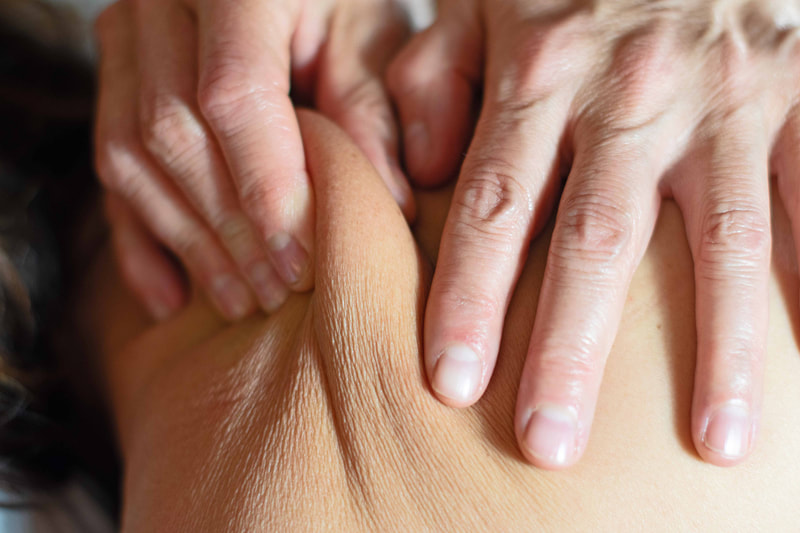
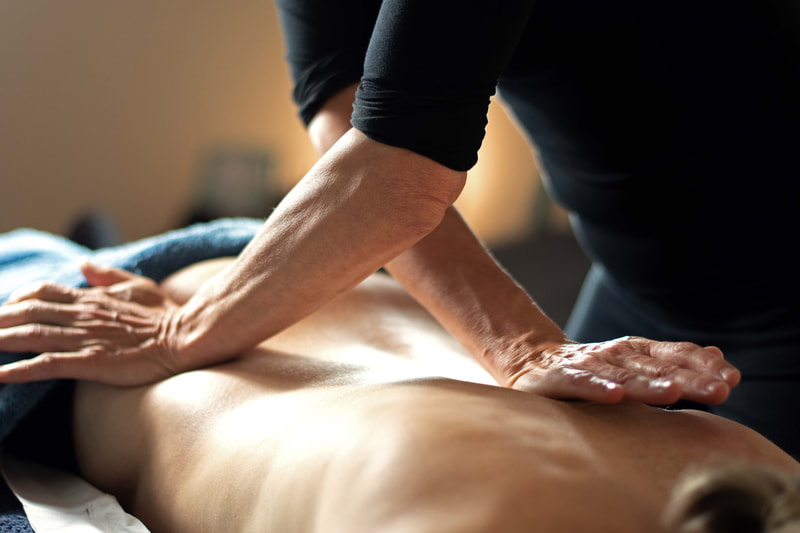
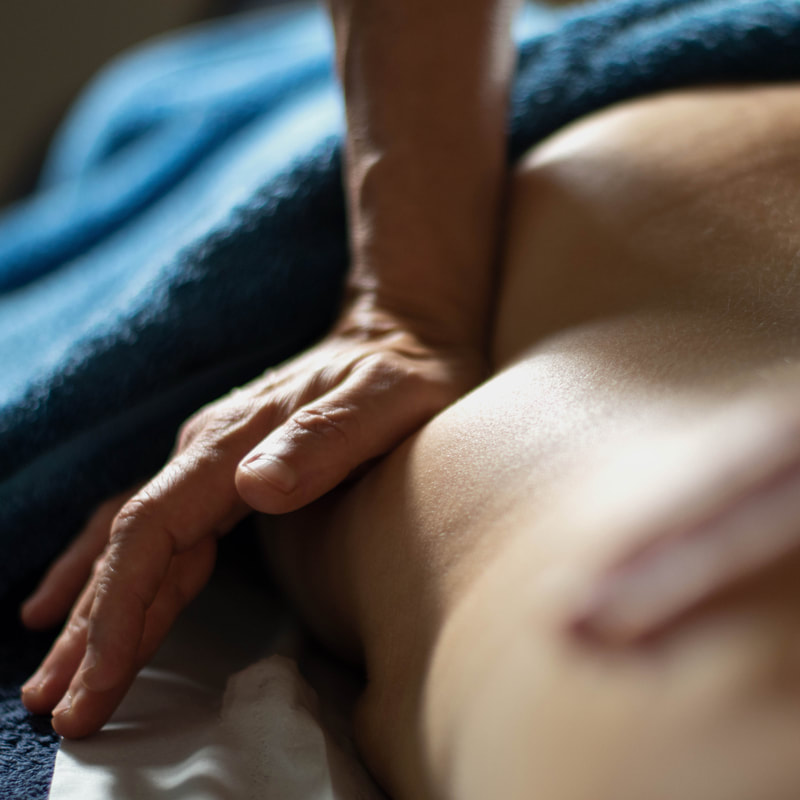
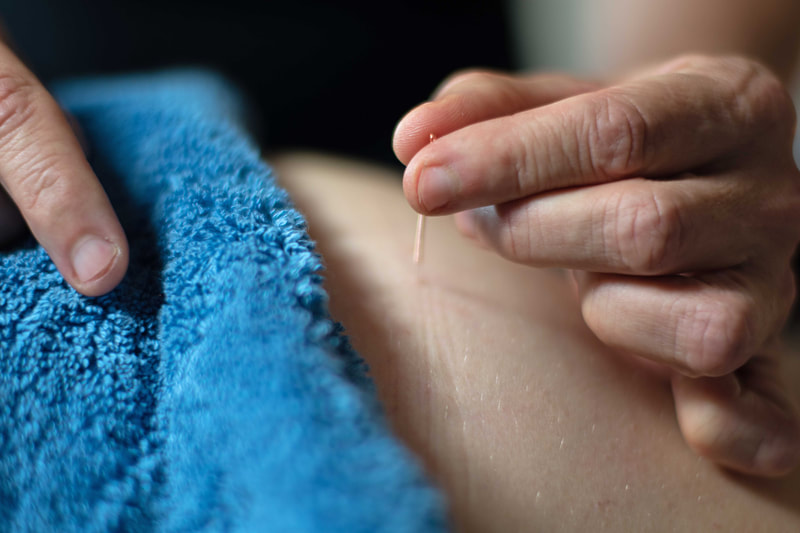
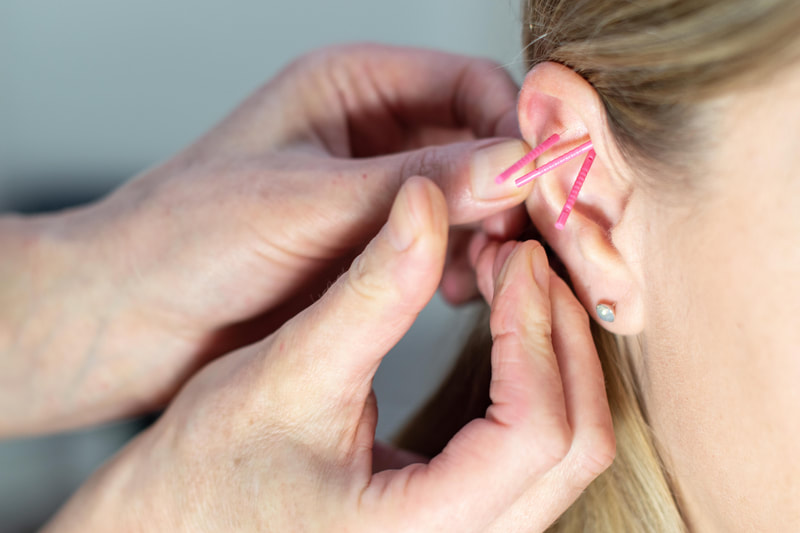
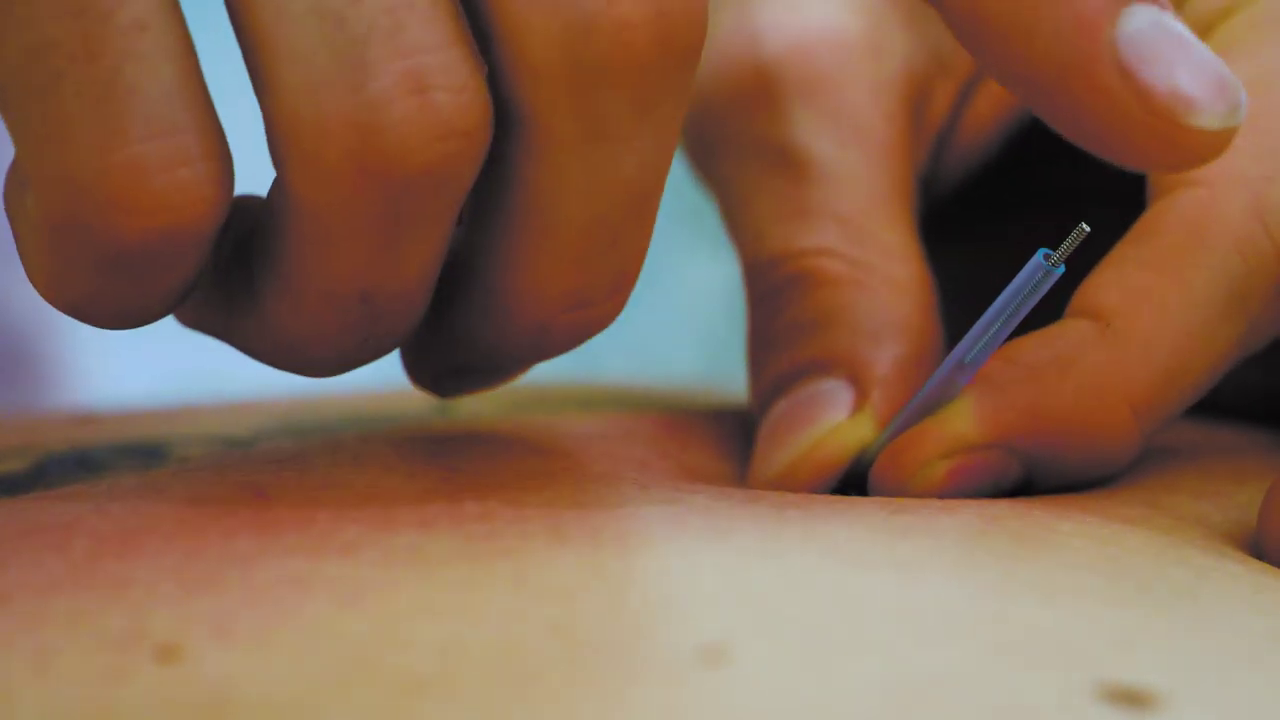
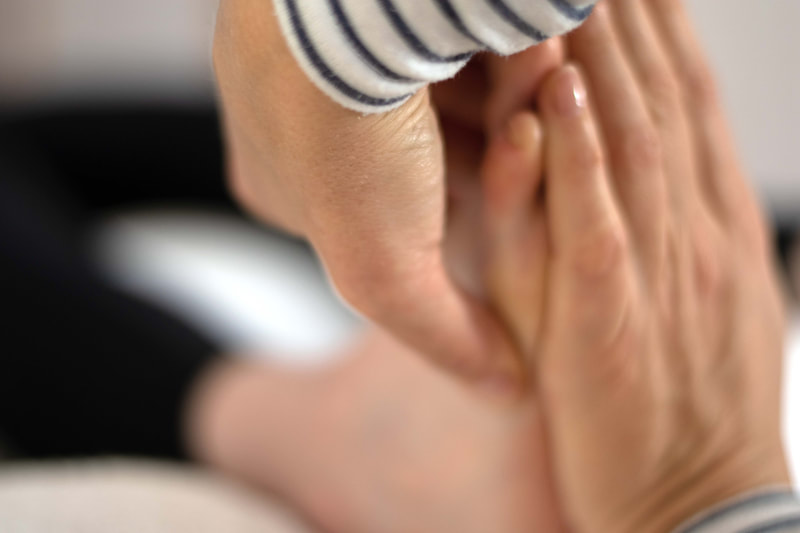
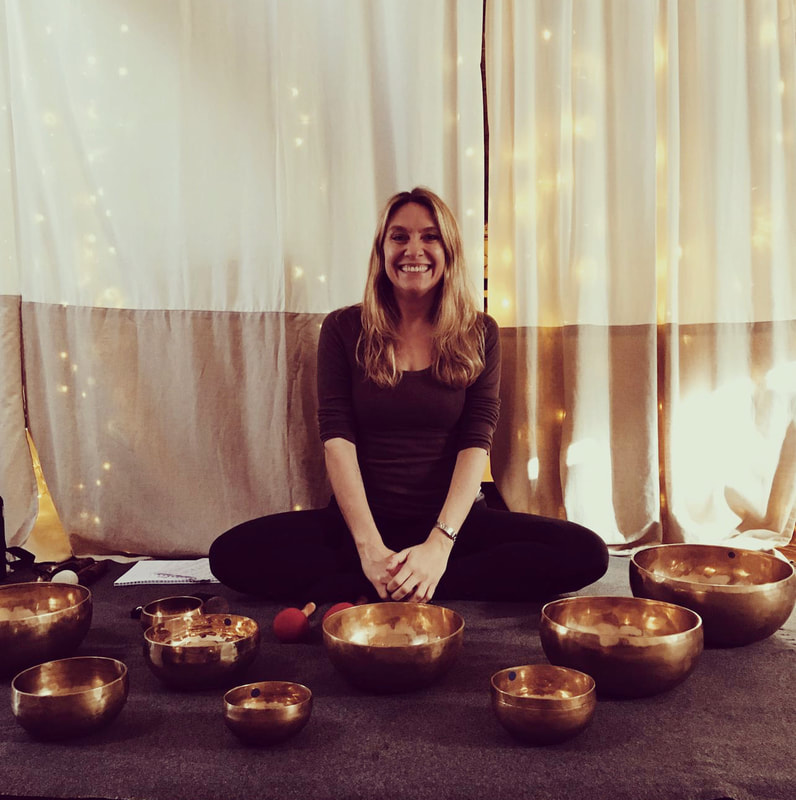
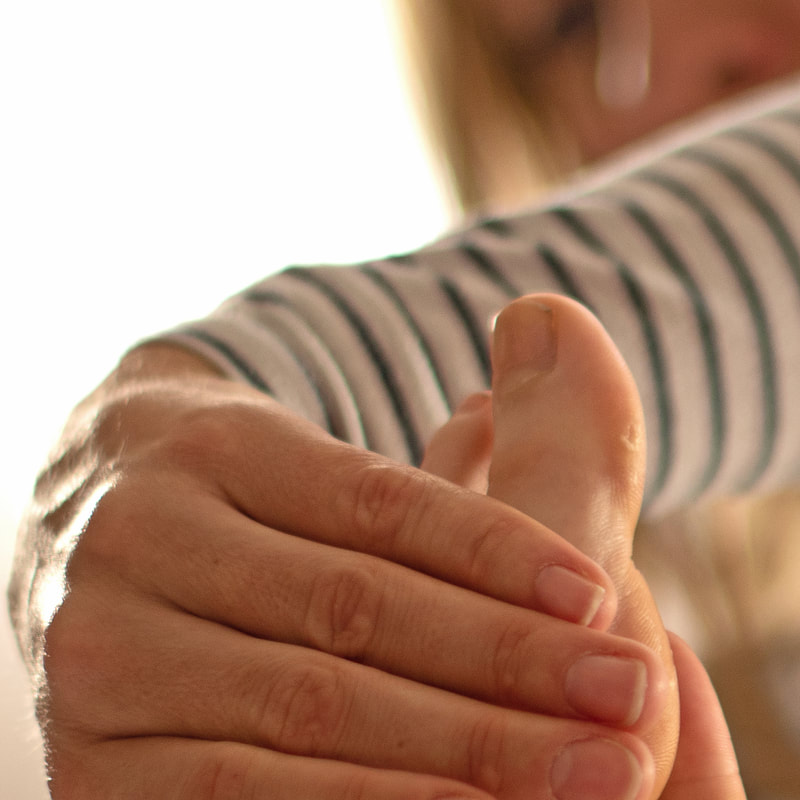
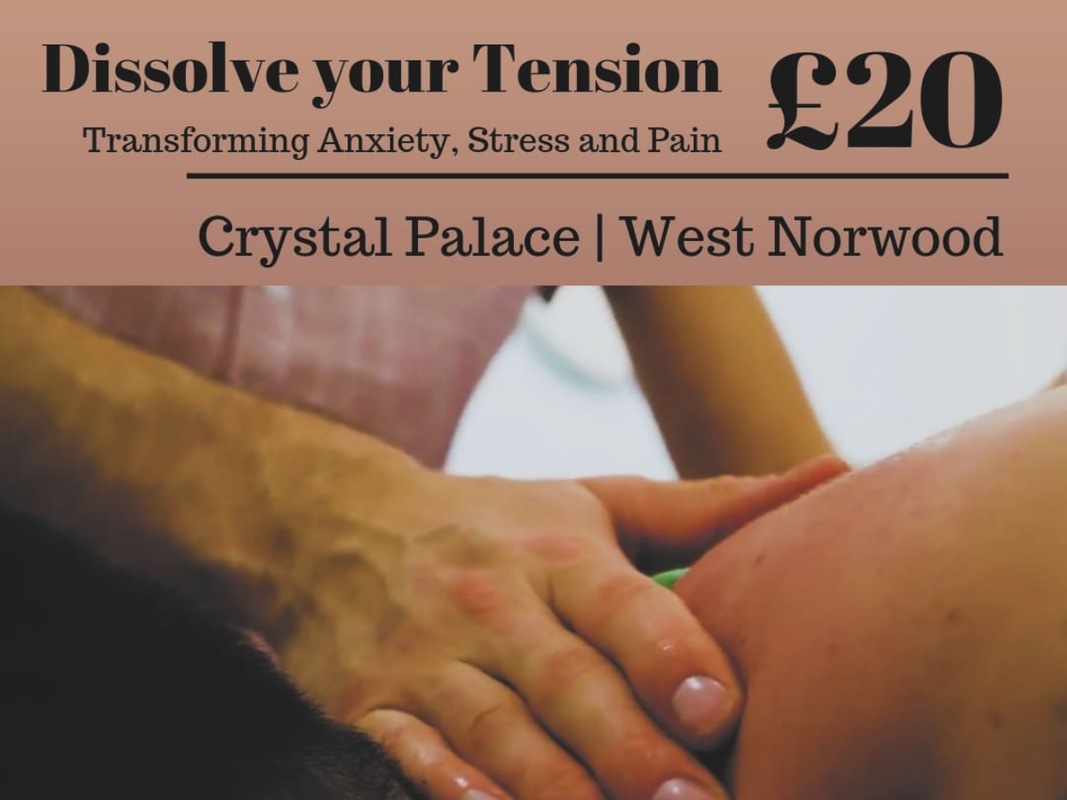
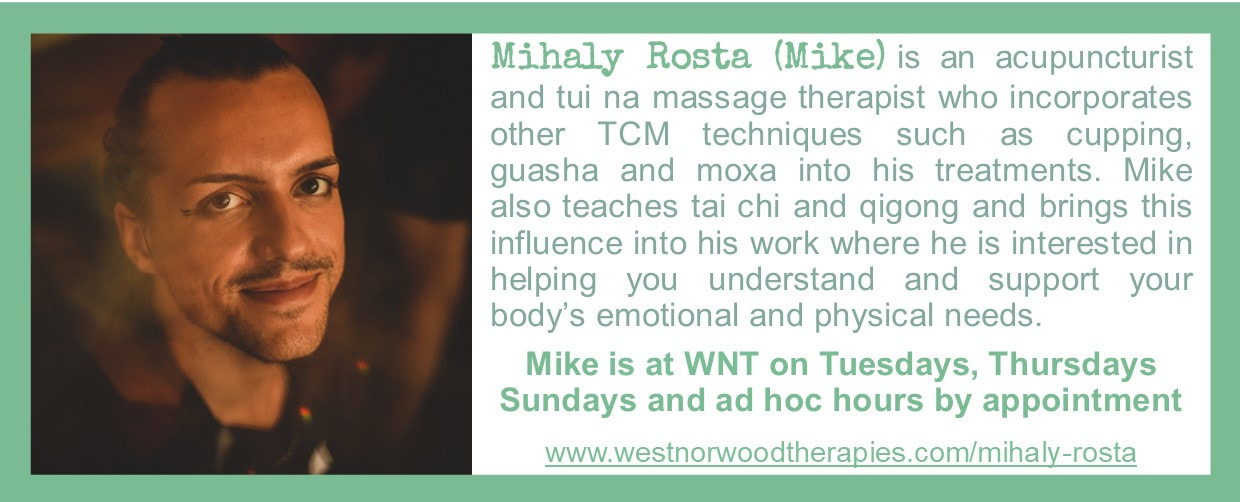
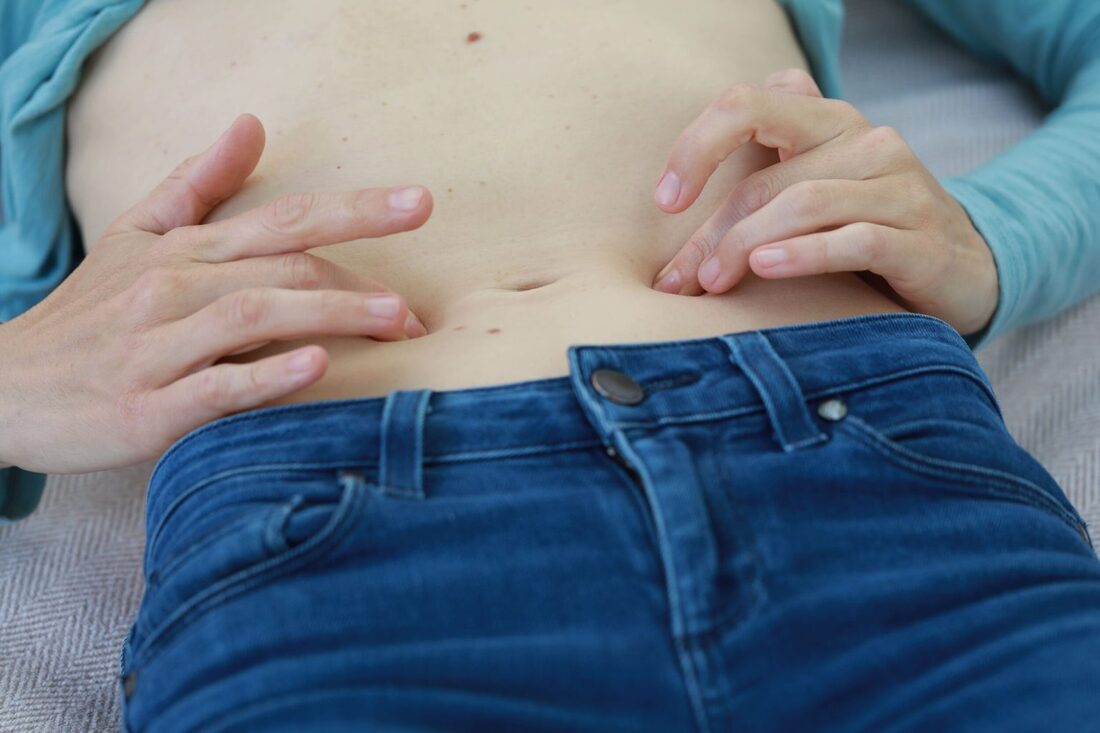
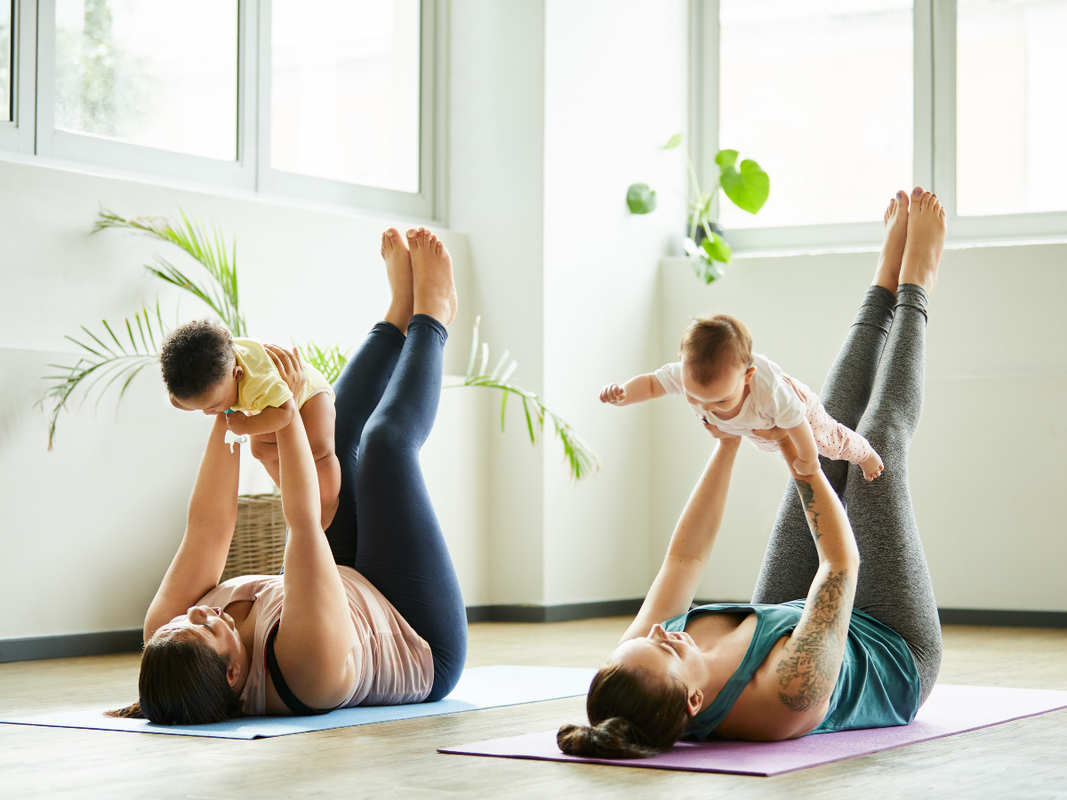
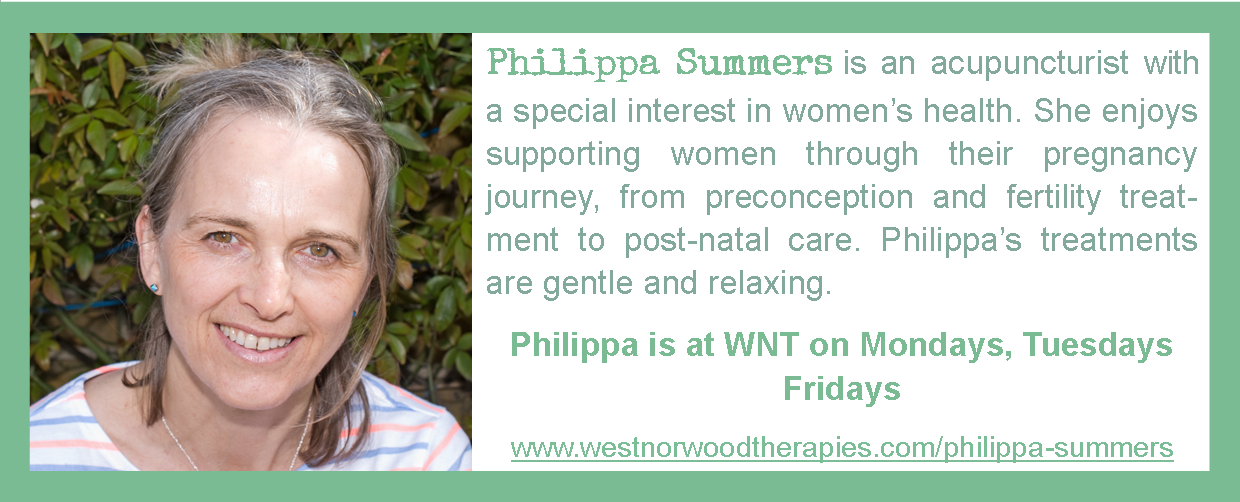
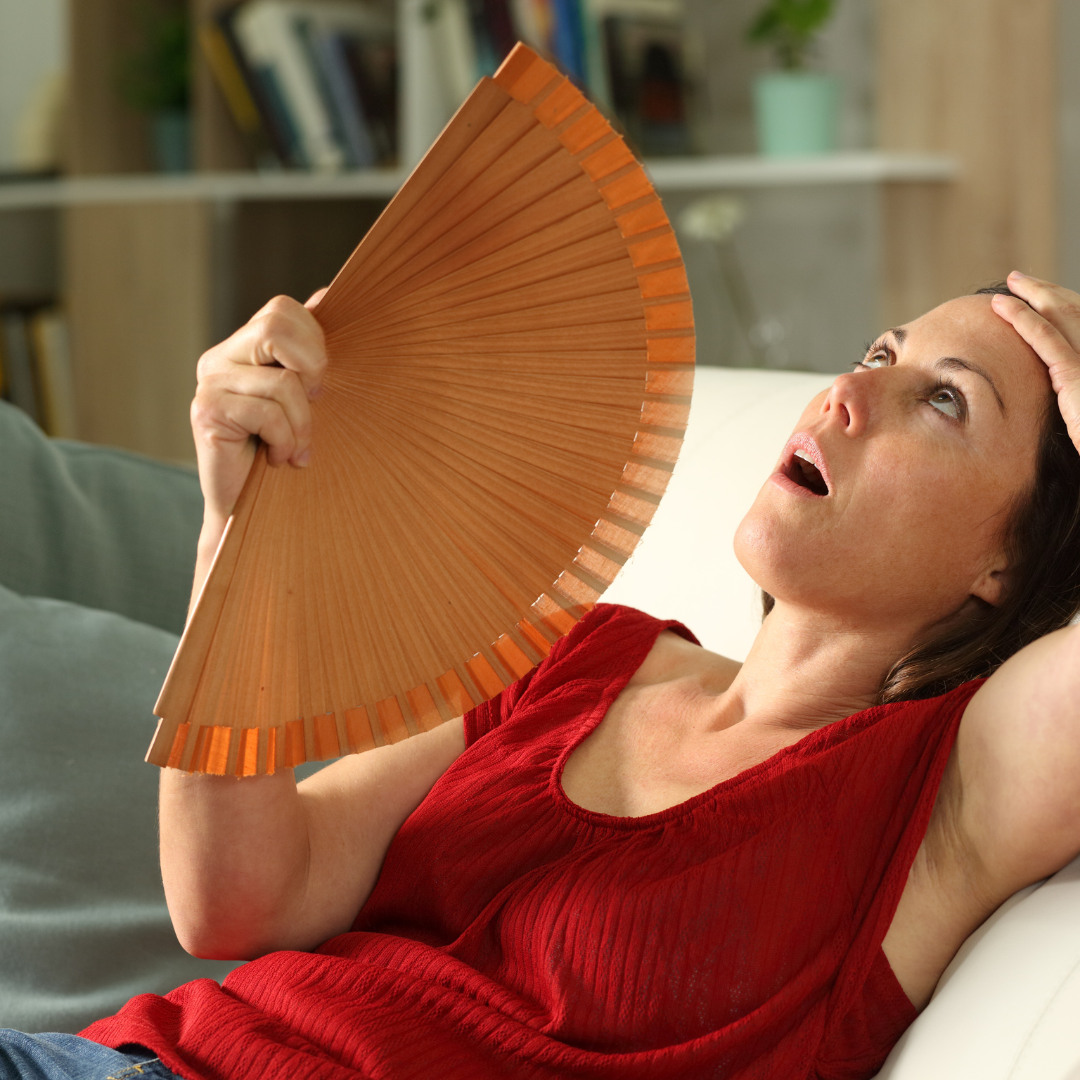

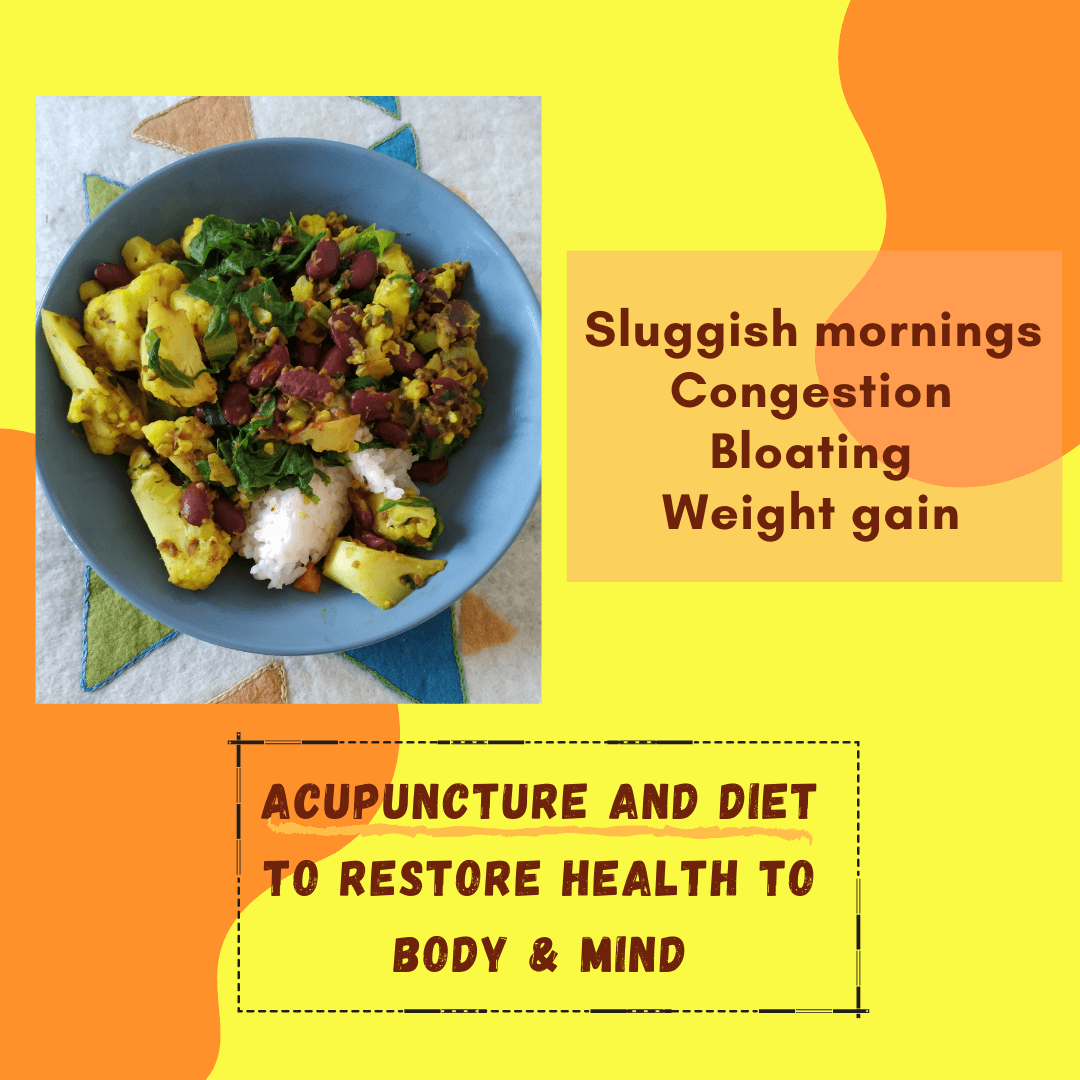
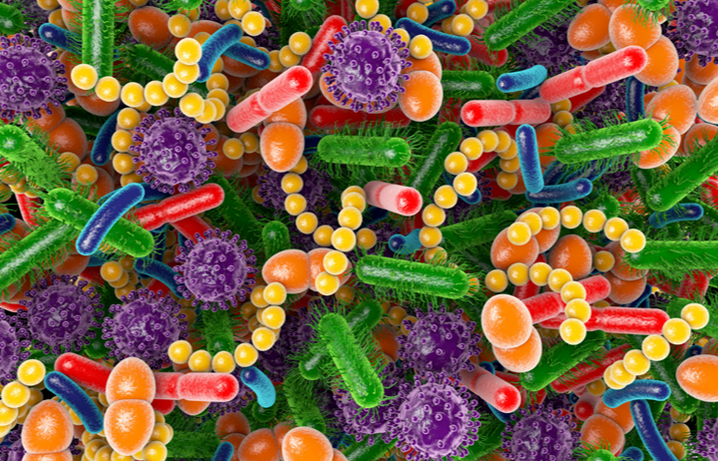
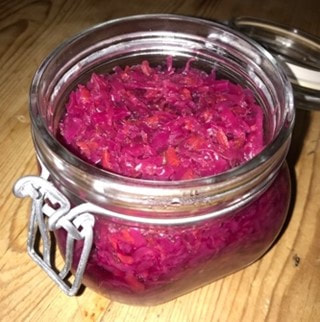
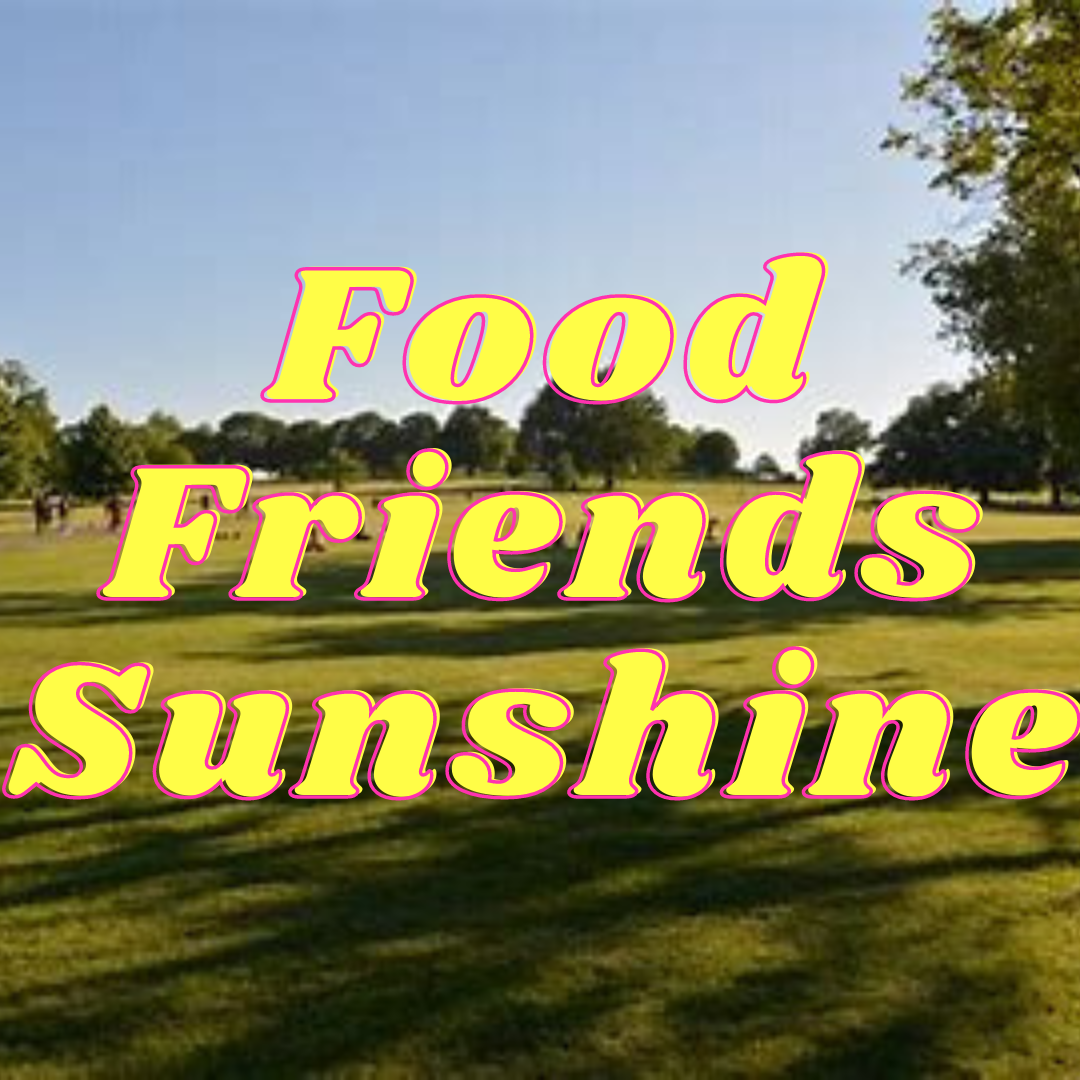
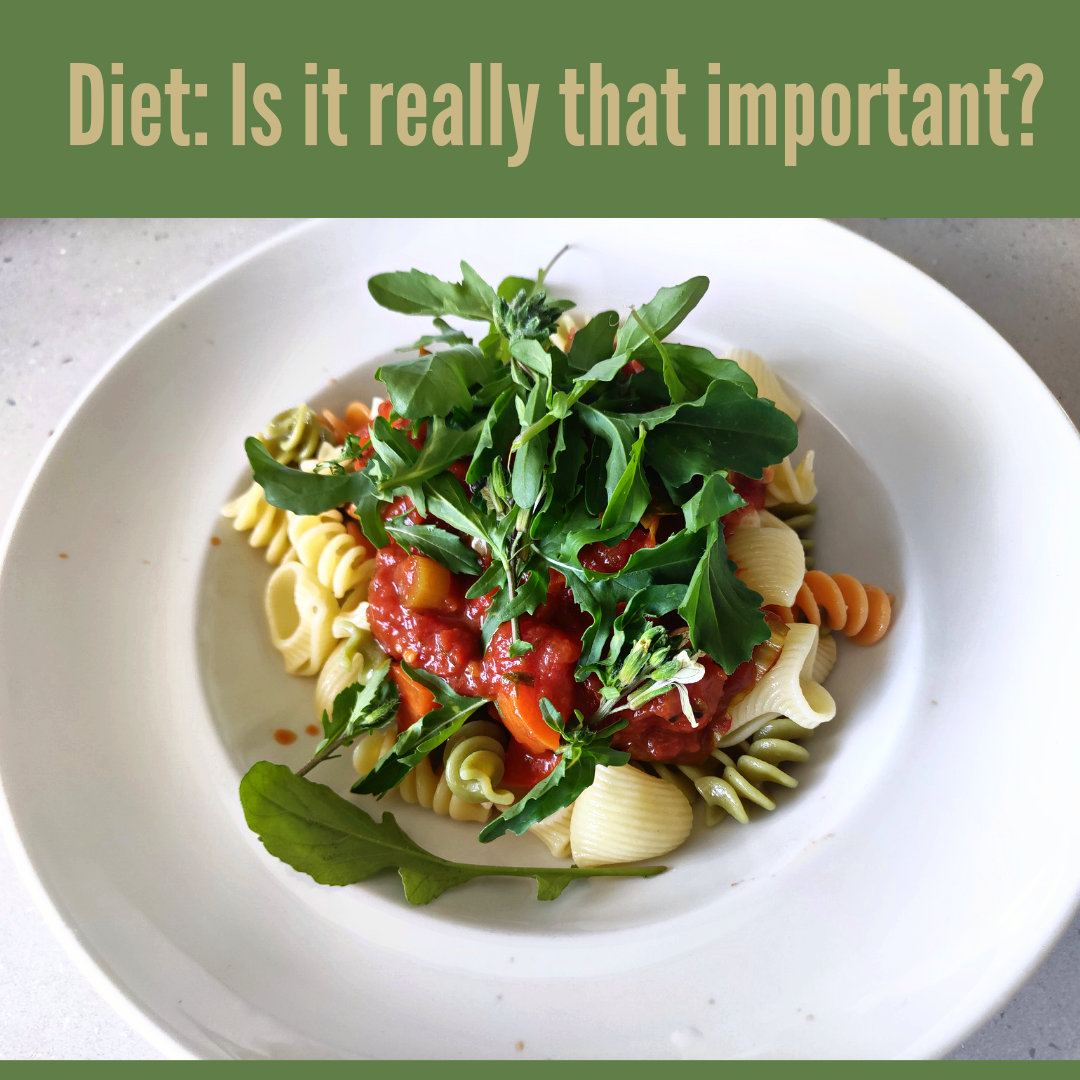
 RSS Feed
RSS Feed
